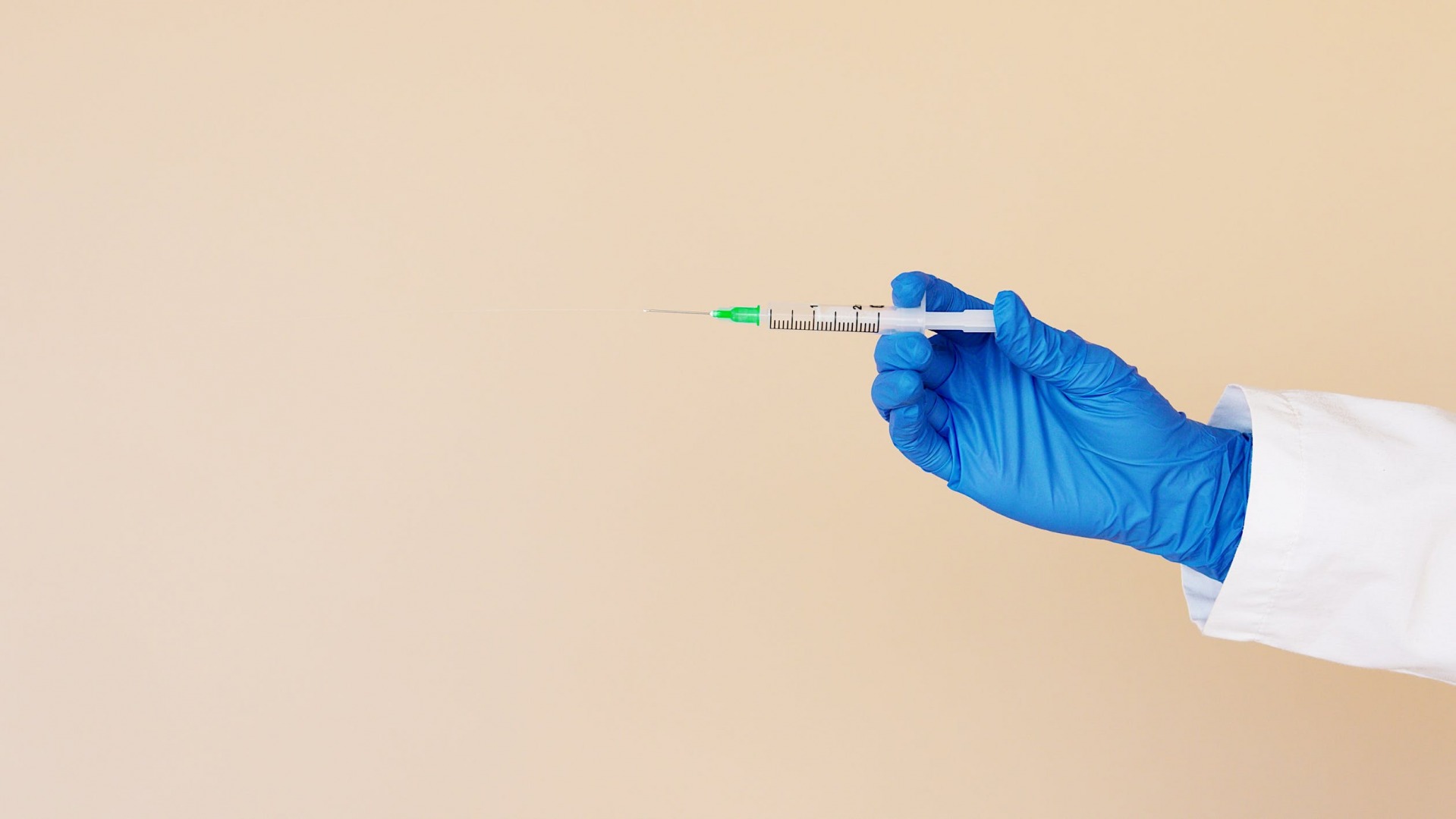Comments
- No comments found

Vaccines are the only way for the COVID-19 pandemic to finally, truly end, but hesitancy is holding the entire world back.
There are many reasons why people refuse to receive vaccines or insist on waiting to see how others respond to them. Some people have genuine medical concerns, such as allergies, that could affect their response. Others simply don’t trust the science or believe false information about vaccination.
While some insist that choosing to get vaccinated is a decision that only affects oneself, this is not the case. The true impact of vaccine hesitancy is a threat to global health and well-being.
In the aftermath of the first COVID-19 vaccines becoming publicly available, a new version of the virus appeared: the delta variant. In late 2021, the omicron version was discovered. Some people hesitating to get vaccinated may see this news as an indicator that the COVID-19 vaccines must not be working if the virus is still spreading. However, a lack of vaccinated people is actually what’s behind the emergence of new variants and the prolonging of the pandemic.
Viruses are microorganisms, which means they evolve just like any other life form. As the virus reproduces and spreads to more people, it becomes more resistant to the human body’s defences against it. Eventually, it evolves into a new variant that is more transmissible and resistant to vaccines. If a large enough portion of the population were vaccinated, the virus would not be able to evolve like this and the pandemic would end, as others have in the past.
While many people in the U.S., the U.K., Canada and other Western countries have largely gone back to normalcy, albeit often with masks, the same is not the case elsewhere. Poorer nations are suffering from the COVID-19 pandemic on an unrivalled scale. These countries lack the health care infrastructure to adequately treat patients, which leads to a significantly higher mortality rate from COVID-19, as well as higher infection rates. Additionally, developing nations tend to have higher populations, which makes it even easier for the virus to spread.
Many nations, specifically in South America, Asia and Africa, are in desperate need of vaccines. At the same time, people in wealthier countries are refusing to get vaccinated, allowing COVID-19 to spread, evolve and worsen the situation in other parts of the world. The longer the virus is allowed to continue reproducing, the more difficult it will be to eliminate.
The prolonging of the pandemic can be attributed to vaccine response in wealthier demographics. Research by Johns Hopkins University shows that richer nations bore the brunt of COVID-19 deaths at the start of the pandemic, but that has shifted to poorer countries as the pandemic has gone on. At the same time, developing nations continue to struggle to get vaccine doses, despite the wide availability elsewhere. All this leads to the conclusion that wealthier countries have vaccines to slow the spread of COVID-19, which could help the rest of the world, but vaccine hesitancy allows it to continue evolving and spreading.
Many people are hesitant to get vaccinated due to misunderstandings about how vaccines work, the side effects and how the COVID-19 shots were developed. For example, some people believe they don’t work because you get sick after receiving one. However, this is actually a good sign. The human immune system is like a textbook of battle manoeuvres, one for each kind of virus or disease it has encountered. Vaccines work by teaching the body how to fight a specific type of illness using a fake or harmless copy of it, like a simulation.
Normal vaccine side effects are symptoms of the body learning to fight the target pathogen. People who use them as a reason to avoid getting vaccinated perpetuate false public beliefs that vaccines are dangerous and cause illness.
Similarly, some vaccine hesitancy specific to the COVID-19 vaccines centres on the speed at which they were developed. It is true that they were created in an exceptionally short time, less than one year as opposed to the typical 10 to 15. However, this is due to the nature of the vaccine itself. Most COVID-19 vaccines are a type of mRNA vaccine, which had been in development for several years before this emergence. Vaccine hesitancy creates dissent and doubt in the rigorous scientific and medical processes that have built today’s life-saving health care technology.
Vaccine hesitancy is a very real issue, one that must be addressed if the COVID-19 pandemic is ever to come to an end. Those with suspicions about the creation of the vaccines should pause and ask themselves why any doctor would want to create something designed to hurt people. Experts behind the COVID-19 vaccines are the best minds in the world, and they have all been thoroughly tested and approved. Receiving one is not just about protecting oneself but the entire planet.
Emily Newton is the Editor-in-Chief of Revolutionized. She is a science and technology journalist with over three years covering industry trends and research.
Leave your comments
Post comment as a guest